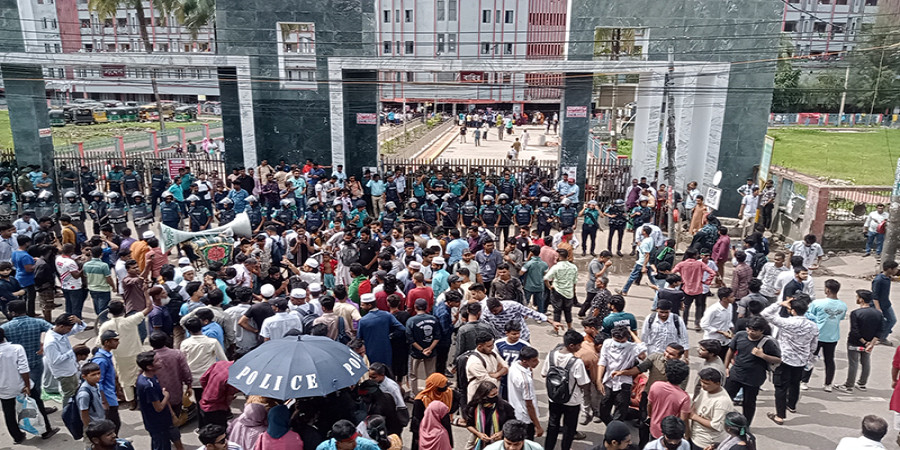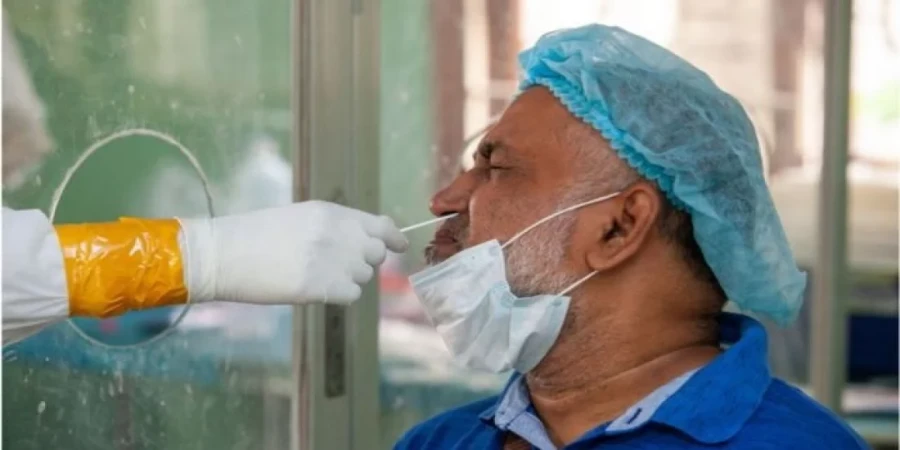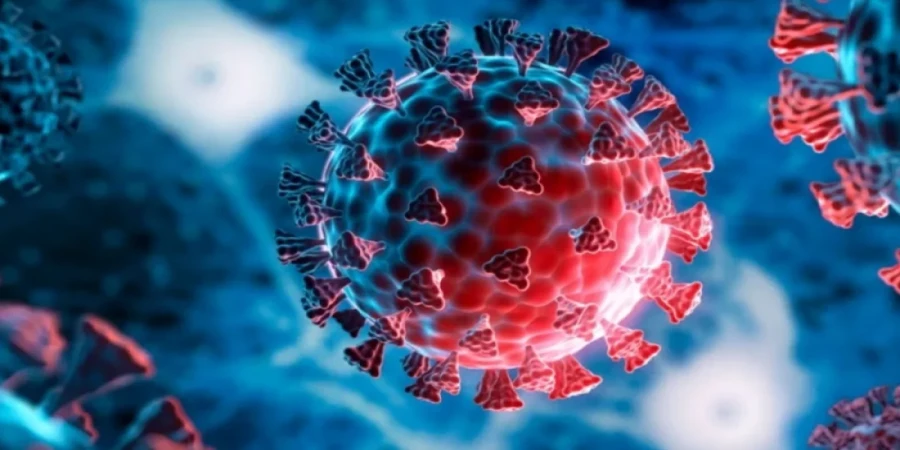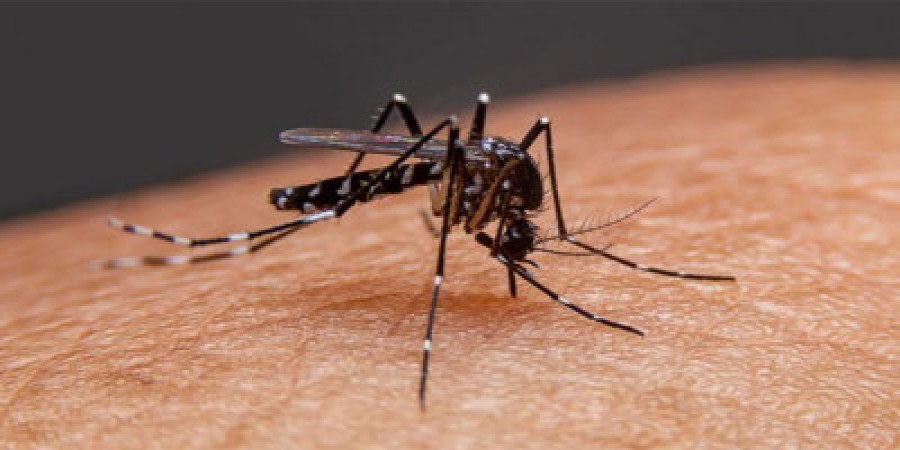
ছবি: -Collected Photo
Emergency medical services at Sher-e-Bangla Medical College Hospital (ShEBACHIM) in Barishal resumed after a three-hour disruption on Sunday, following an unprecedented assault on doctors and hospital staff that forced them to leave their posts. The incident began around 2:00 pm, leaving patients without critical care until 5:00 pm, and sparked panic among relatives as patients were unable to receive treatment in the emergency and inpatient departments.
According to hospital sources, the crisis unfolded when a group of protesters, reportedly led by students from local schools and colleges, gathered outside the hospital premises near the main entrance on Sadar Road around noon. Eyewitnesses said the group verbally abused doctors, nurses, and other staff, and several individuals were reportedly carrying sharp weapons and sticks. Tensions escalated when the medical officer on duty in the Medicine Department, Dr. Dilip Roy, was forcibly dragged and physically assaulted after finishing his shift around 2:00 pm. Police intervened and rescued Dr. Roy, but the attackers continued to hurl bricks and stones at hospital staff and the building, resulting in injuries to employees including a staff member named Bahauddin.
As a result of the attack, the hospital’s medical staff faced immediate safety concerns. In response, intern doctors announced an indefinite strike starting at 3:00 pm, citing inadequate security measures and the recent assault as justification. In a statement, they said that despite having previously gone on strike on August 14 over similar safety concerns, they had temporarily returned to work at the hospital director’s request to ensure patient care. However, the renewed attack on Dr. Roy and other staff members on August 17 prompted them to withdraw from their duties again.
During the three-hour gap in services, patients admitted through the emergency department or seeking inpatient treatment were left without proper care. Relatives of patients reportedly rushed to the hospital director to demand immediate intervention as they watched critically ill patients unable to access medical attention. The disruption caused significant distress and uncertainty among those seeking urgent care, highlighting the vulnerability of healthcare services to external disturbances.
Hospital director Brigadier General Dr. A.K.M. Mashiul Munir described the situation as chaotic and emphasized that the priority had been to restore a safe working environment for the medical staff. He explained that following the assault, doctors, nurses, and other hospital staff approached him seeking action and requested a secure environment before returning to their duties. The director coordinated with local police authorities to provide round-the-clock protection for the hospital premises, which allowed emergency medical services to resume at 5:00 pm under strict security measures.
Mid-Level Doctors’ Association president Dr. Shakhawat Hossain Saikat detailed the events leading up to the strike, stating that protesters, led by Mahiyuddin Roni, positioned themselves at the hospital entrance and threatened staff, including doctors and nurses. He confirmed that Dr. Dilip Roy, a medical officer in the Medicine Unit-2, was physically assaulted during the confrontation. The association strongly condemned the attack, emphasizing that such incidents compromise both patient safety and the ability of healthcare professionals to perform their duties.
According to Dr. Saikat, the doctors had returned to work temporarily following assurances from the hospital director and in consideration of the patients’ needs. However, the repeated attack on August 17 forced them to withdraw again. While emergency services were restored at 5:00 pm, the doctors continued to restrict services to urgent care only, pending assurance of a safe working environment.
Hospital staff also highlighted the physical risks posed by the assault. Besides the violence inflicted on Dr. Roy, the attackers threw bricks and stones towards the hospital building, creating a highly unsafe environment for staff and patients alike. Fourth-grade employee Rabbi Al Mamun Faisal stated that the group’s actions left hospital personnel unable to perform their duties and created widespread fear. The attack, he said, was unexpected and unprecedented, leaving staff traumatized and demanding protection from the authorities.
The incident has raised serious concerns about hospital security, particularly in public medical facilities where staff and patients are highly vulnerable to mob violence. The attack and subsequent strike underline the need for permanent security arrangements, including police presence and controlled access to hospital premises, to prevent such events from recurring.
While the police provided protection that enabled doctors to resume emergency services, the strike disrupted routine medical care, leaving several patients untreated for hours. The incident also prompted discussions among hospital administrators, doctors’ associations, and civil authorities about the implementation of comprehensive safety protocols, including the deployment of additional security personnel, surveillance, and rapid-response mechanisms for emergencies.
The hospital director praised the efforts of the police in ensuring staff safety and allowing services to restart. He reiterated that the hospital leadership was committed to maintaining uninterrupted healthcare delivery but emphasized that such efforts depend on the provision of a secure working environment for doctors, nurses, and support staff. He called for accountability against those responsible for the attack and urged the authorities to take immediate action to prevent future occurrences.
The Med-Level Doctors’ Association demanded the arrest of the perpetrators within 24 hours and called for stern action against individuals inciting violence against healthcare professionals. They highlighted the severe impact on patient care, noting that during the three-hour disruption, many patients were deprived of critical medical attention. Relatives expressed anguish and frustration, emphasizing that healthcare institutions should remain sanctuaries for treatment rather than sites of conflict and insecurity.
The incident at Sher-e-Bangla Medical College Hospital is part of a broader concern regarding the safety of medical personnel in Bangladesh. Over the past years, there have been several instances where doctors and nurses faced attacks from patients’ relatives, local agitators, or political groups, raising questions about the measures taken by authorities to protect healthcare professionals.
Medical associations have called for clear policies to ensure zero tolerance for violence against healthcare providers, including legal provisions, institutional safety guidelines, and coordinated action between hospital administrations and law enforcement. Experts argue that without robust protection measures, the risk to both medical staff and patients remains high, potentially affecting healthcare outcomes and public trust in hospitals.
In addition to addressing immediate security concerns, hospital management announced plans to review internal protocols, restrict unauthorized access to hospital premises, and engage with local authorities to prevent recurrence. They emphasized that safeguarding doctors and medical staff is critical to maintaining uninterrupted healthcare services, especially in emergency and critical care units.
While emergency services resumed at 5:00 pm under police protection, the strike by intern doctors remains in effect for non-urgent care until assurances of long-term security are provided. Hospital authorities continue to negotiate with the doctors’ association to restore normal operations and implement preventive measures. Patients and their relatives were advised to seek urgent care during this period while remaining cautious of potential disruptions.
This incident serves as a stark reminder of the challenges faced by healthcare institutions in maintaining both patient care and staff safety in high-risk situations. The Sher-e-Bangla Medical College Hospital case highlights the urgent need for proactive security planning, law enforcement support, and community awareness to prevent violence against medical professionals and ensure uninterrupted medical services.
repoter





